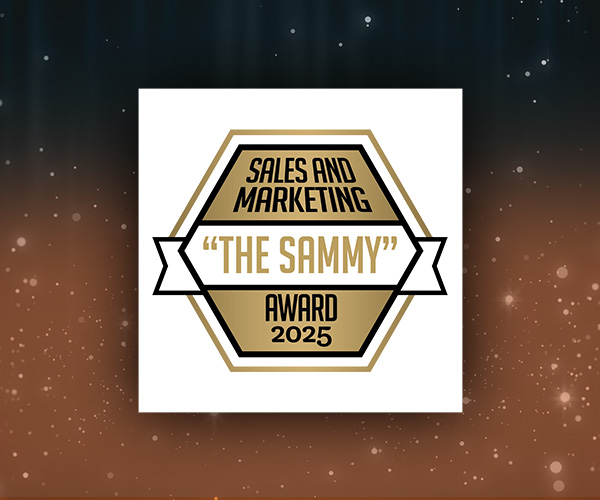Stream Companies Wins Growth Catalyst Award for Advertising Technology in 2025 Sales and Marketing ‘Sammy’ Technology Awards
Stream Companies is honored to be named the Growth Catalyst winner in the Advertising Technology category by the Business Intelligence Group as part of their 2025 Sales and Marketing ‘Sammy’ Technology Awards.
Read More








